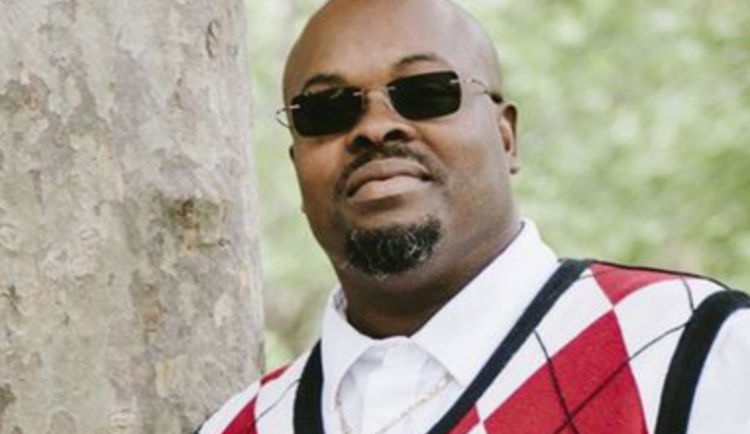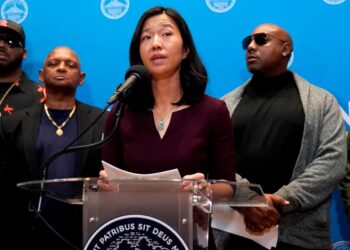Tesla, Inc., the automotive company, has been ordered to pay $137 million to a former Black employee, Owen Diaz he was racially harassed and subjected to a hostile work environment.
Diaz was a contracted elevator operator at the Fremont plant from 2015 to 2016 and said he was subjected to “daily racist epithets.”
The lawsuit written by Diaz’s attorneys read, “Tesla’s progressive image was a facade papering over its regressive, demeaning treatment of African-American employees.”
Diaz also claimed that other employees drew swastikas and left racist graffiti and drawings around the location. At the same time, his supervisors knew and did not take the initiative to stop the racial abuse.
Tesla, which is owned toy the second-richest man in the world, Elon Musk, previously didn’t take responsibility for the racist behavior at the Fremont facility.
According to the Washington Post, the judgment for Diaz was an award of $6.9 million in damages and another $130 million in punitive damages.
“We’re just gratified that the jury saw the truth, and they awarded an amount that hopefully will push Tesla to correct what people testified about in terms of this widespread racist conduct,” Diaz’s attorney, Lawrence A. Organ, said.
“It’s gratifying to know that a jury’s willing to hold Tesla accountable, one of the world’s largest, richest corporations, finally is told, ‘You can’t let this kind of thing happen at your factory,’” he added.
Valerie Capers Workman, the company’s vice president of people, denied Diaz ever being an employee of Tesla and said another company contracted him.
Related Story: Azariah Fennell Subjected To Racist Vitriol At A San Marcos, Texas Middle School, Mom Files Complaint
Despite this, a judge ruled that he worked at the company’s facility and that Tesla set his hours and regulated his work environment.
Workman told the outlet that the company responded to his complaints in a “timely” manner. She added that witnesses believe the n-word used regarding him was reportedly used in a “friendly” way.
“While they all agreed that the use of the n-word was not appropriate in the workplace, they also agreed that most of the time, they thought the language was used in a ‘friendly’ manner and usually by African-American colleagues.”
She added, “While we strongly believe that these facts don’t justify the verdict reached by the jury in San Francisco, we do recognize that in 2015 and 2016, we were not perfect. We’re still not perfect.”
The company is expected to appeal the verdict.















